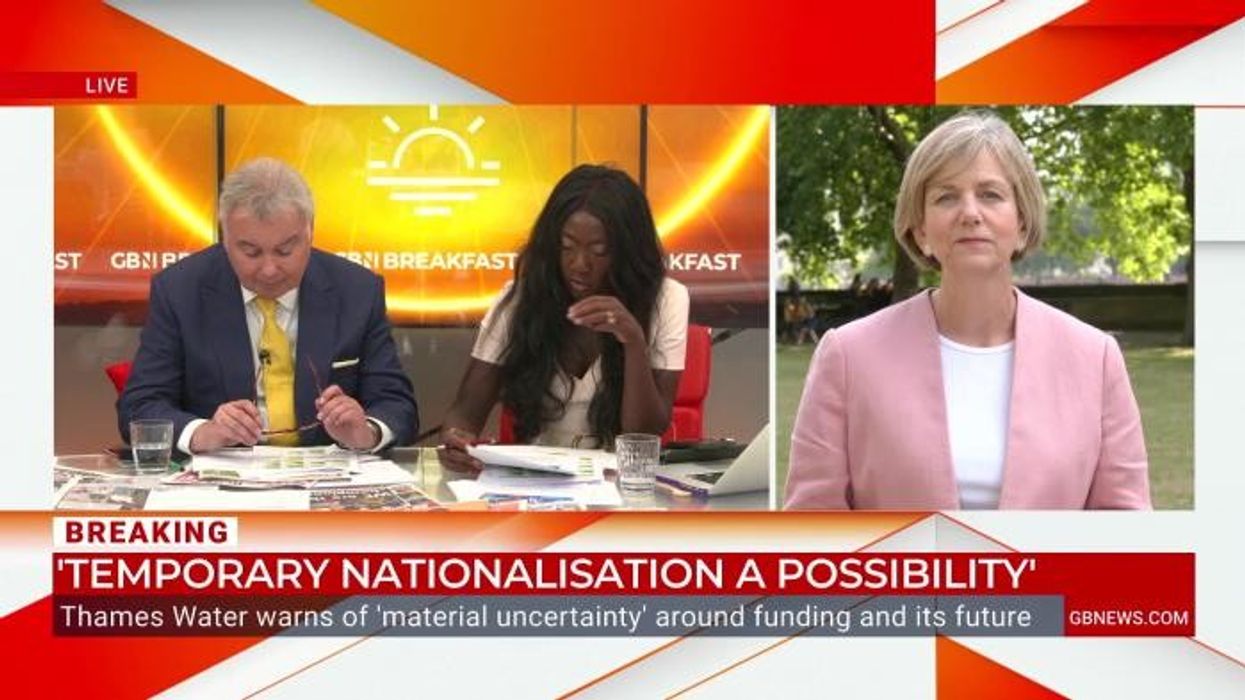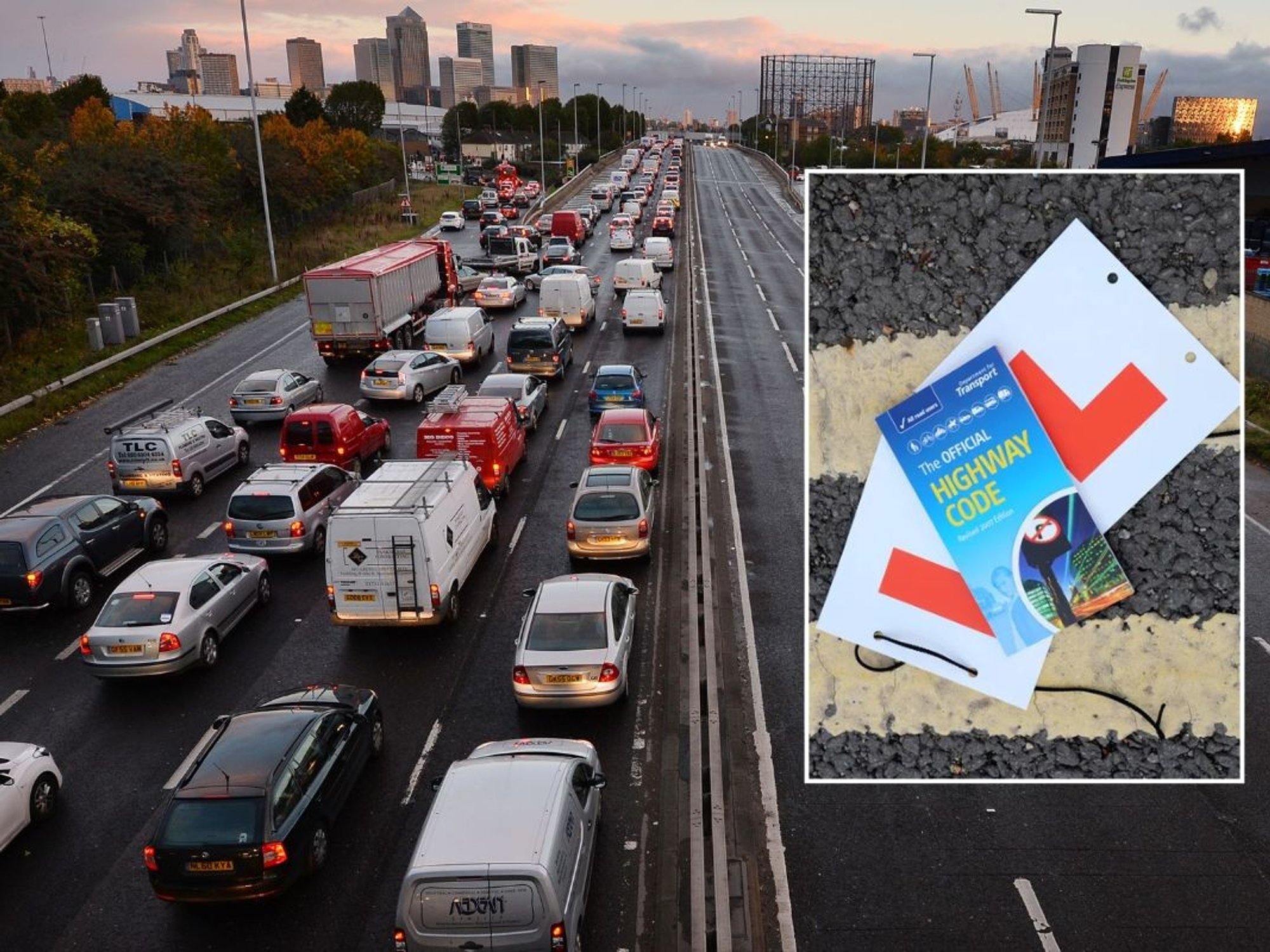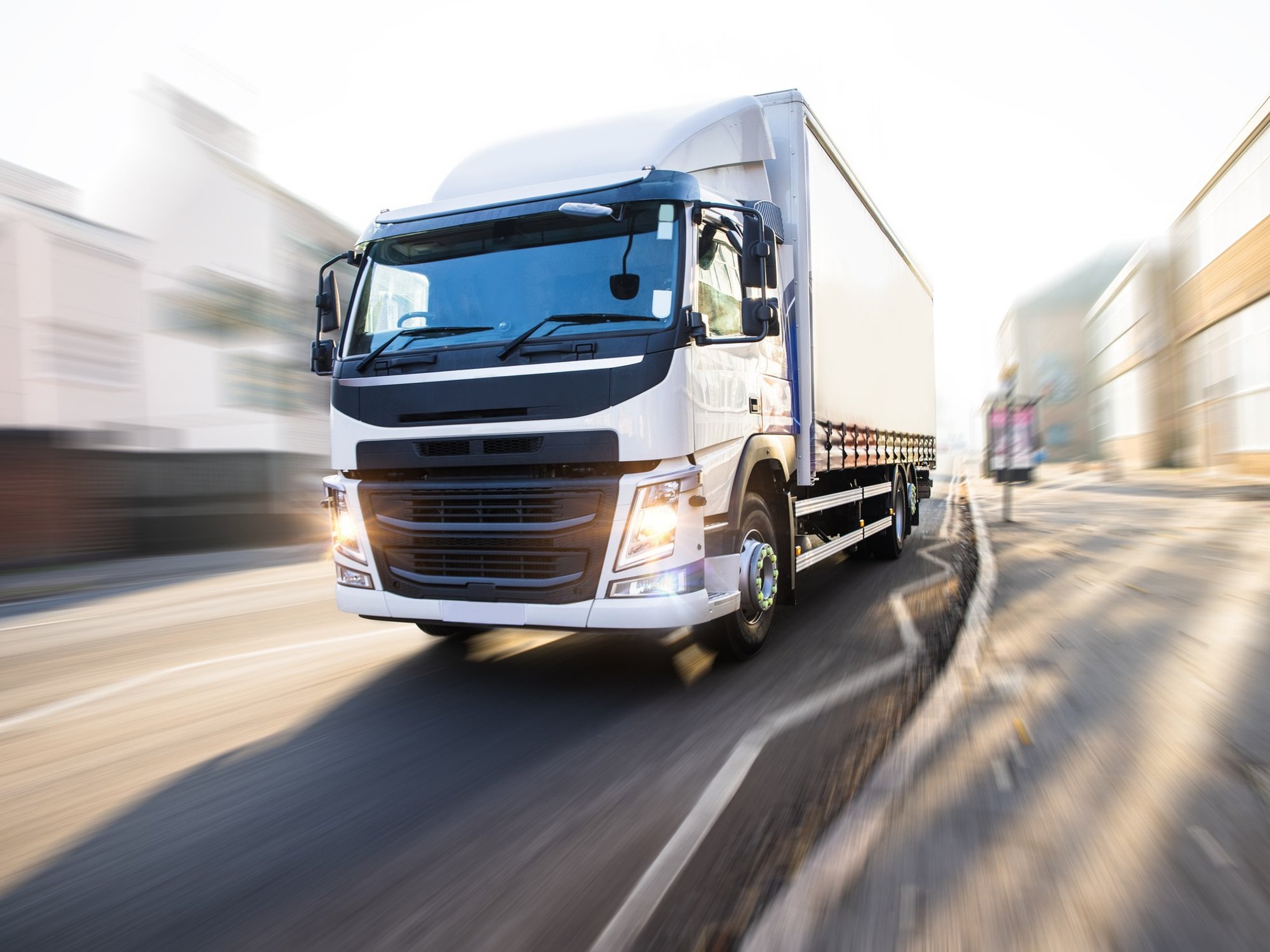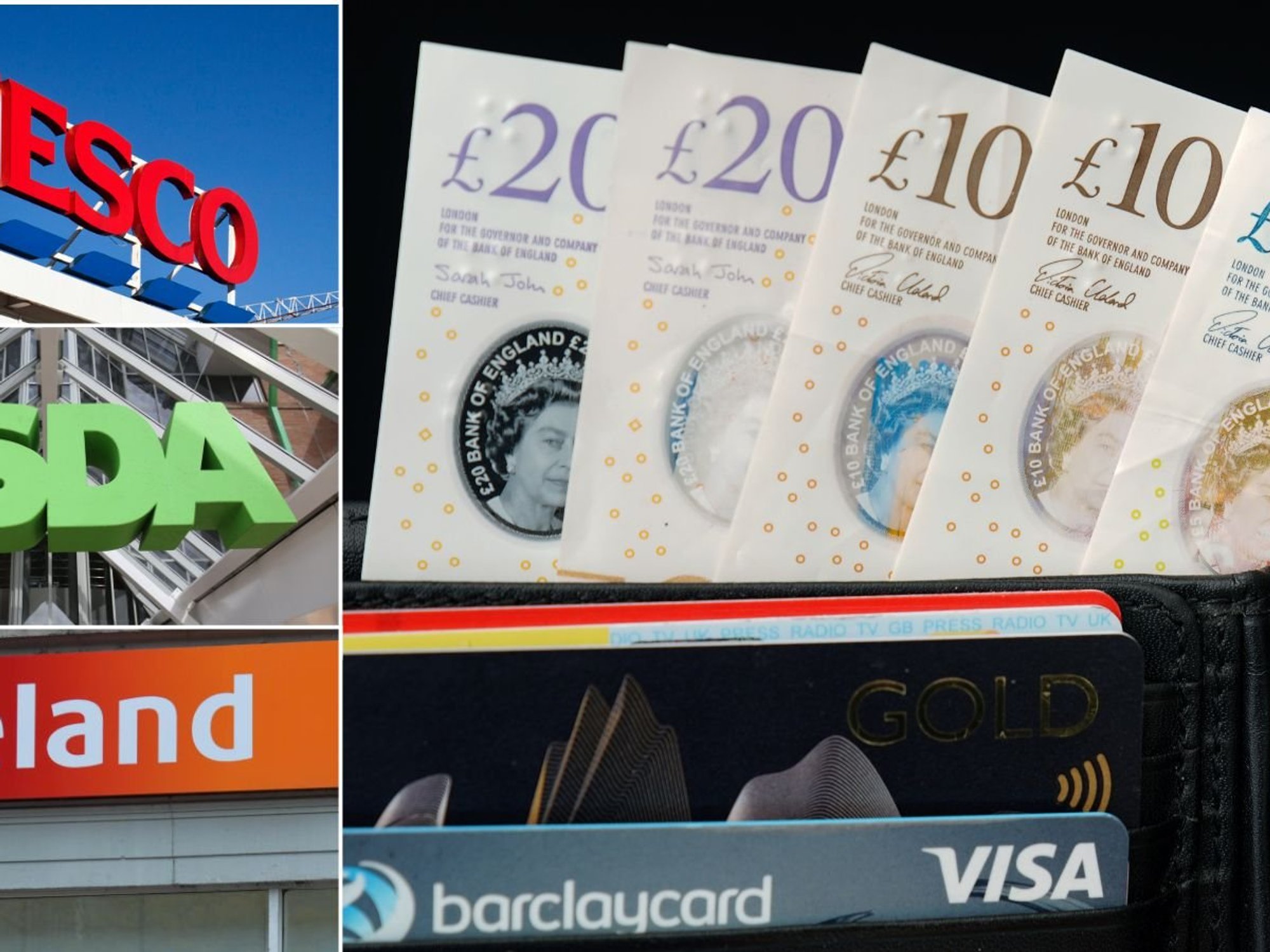Britons ditching petrol and diesel in favour of electric cars as Ford, BYD and Volkswagen sales soar

Brands will receive a major boost to sales in the coming months with Labour's £650million Electric Car Grant
Don't Miss
Most Read
Drivers looking to buy new cars are turning their backs on vehicles from Japan in an alarming trend, with motorists opting for Chinese models instead.
New analysis has identified which manufacturers are being left behind in the transition to electric vehicles and which brands are flourishing.
According to the Energy and Climate Intelligence Unit (ECIU), the top 10 best-performing manufacturers more than doubled their sales of electric cars in the first six months of the year, compared to 2024.
**ARE YOU READING THIS ON OUR APP? DOWNLOAD NOW FOR THE BEST GB NEWS EXPERIENCE**
Ford, Renault and British brand Mini have massively increased their electric vehicle sales, while Japanese marques Honda, Mazda and Toyota are "being left behind".
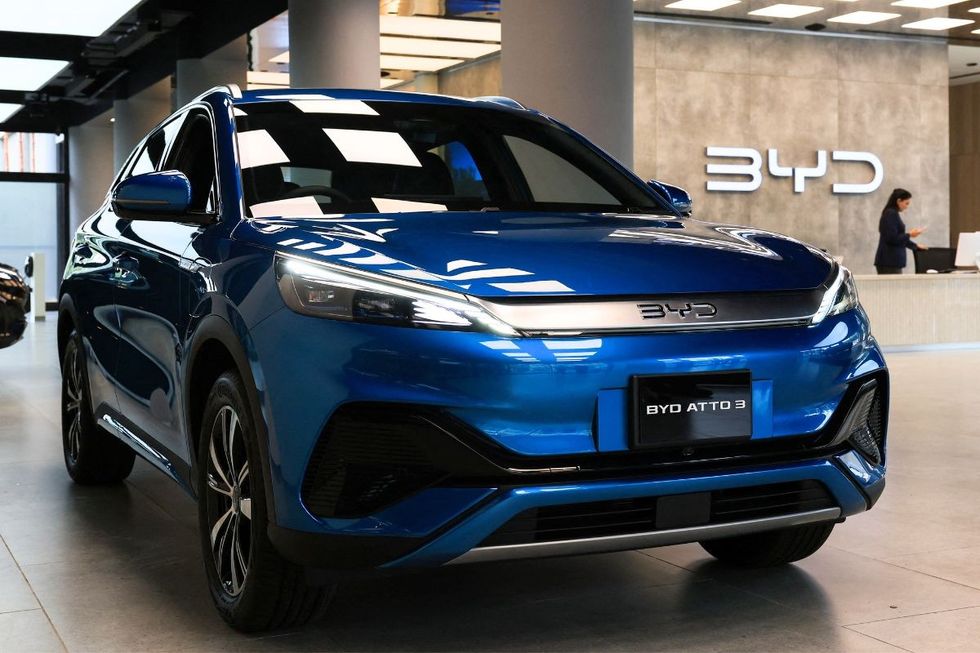
BYD's electric car sales have exploded in recent months
|REUTERS
Ford has seen an astonishing 324 per cent increase in its electric vehicle sales, which is made more impressive since it only had one EV on sale at the start of 2024.
These totals have been boosted by the introduction of the electric version of the UK's best-selling car, the Ford Puma. The electric version costs less than £30,000, while offering a battery range of 233 miles.
Ford could further accelerate its electric vehicle goals with its upcoming announcement in Kentucky, which CEO Jim Farley promises to be a new "Model T moment".
Chinese brand BYD also saw a staggering 261 per cent growth in sales, as the manufacturer brings affordable electric vehicles to British drivers.
READ MORE: Ford boss hints at major electric car breakthrough this month - 'This is a Model T moment'
The data, which came from New AutoMotive's Electric Car Count, showed that Mini saw a 160 per cent rise in sales, with many of these EVs being built in Oxford.
This is despite parent company BMW pausing its planned £600million upgrade to the plant, given "multiple uncertainties" in the electric vehicle market.
Other well-performing vehicle manufacturers include Renault (251 per cent increase), Porsche (203 per cent), VW (201 per cent), Skoda (143 per cent), Peugeot (112 per cent), and Cupra (109 per cent).
Colin Walker, head of transport at the ECIU, said: "Traditional brands are fighting back, dramatically increasing the number of EVs they sell in what is now the world's fourth largest EV market.
LATEST DEVELOPMENTS:
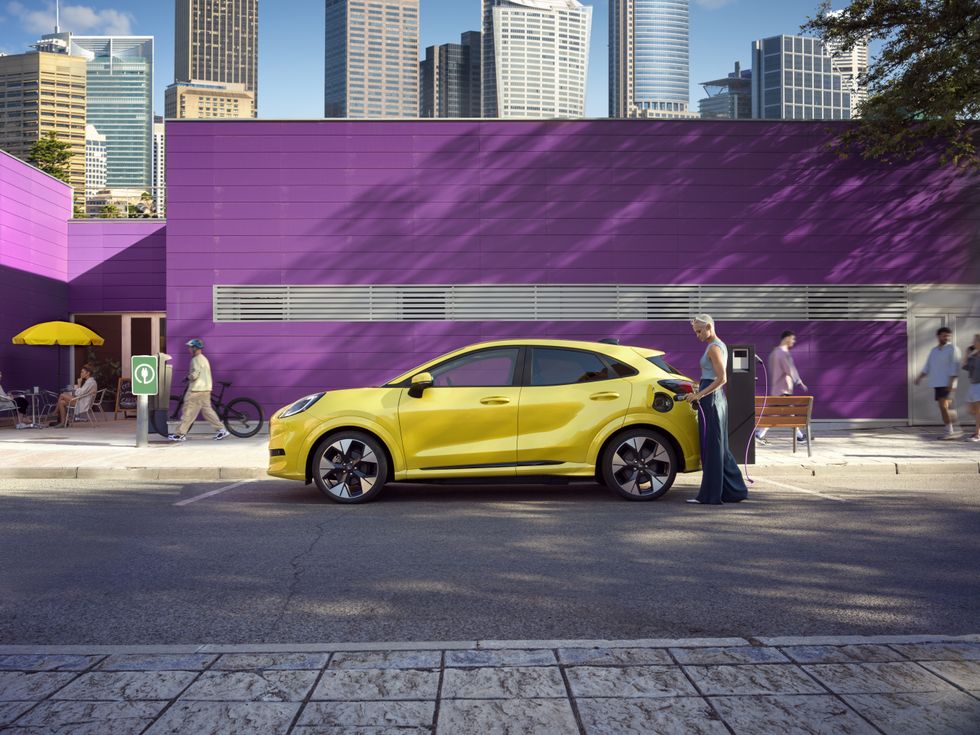
The Ford Puma Gen-E is one of the most popular electric vehicles in the UK
| FORD"Legacy manufacturers are proving more than capable of making the transition to building the electric cars of the future with European manufacturers dominating."
He noted that the rising number of electric vehicles sold will see more second-hand EVs on the market at cheaper rates for petrol and diesel drivers looking to switch.
On the other hand, Japanese manufacturers are seeing a collapse in sales, with Honda's EV registrations dropping 92 per cent in the first half of the year compared to the same time last year.
The Tokyo-based manufacturer only has one electric car on the market, the e:Ny1. While it has a respectable battery range of 256 miles and rapid charging capabilities, its price of £40,660 means it does not qualify for Labour's Electric Car Grant and requires motorists to pay the Expensive Car Supplement.
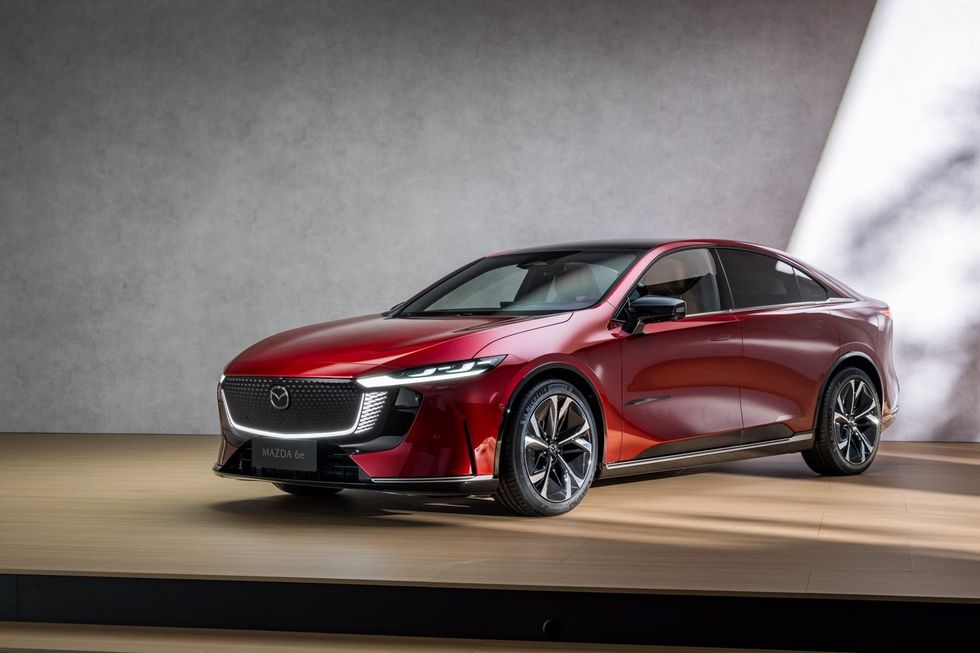
The Mazda6e is expected to launch next year
|MAZDA
Other Japanese brands saw a downturn in sales, including Mazda (76 per cent) and Nissan (69 per cent). Experts have consistently highlighted that manufacturers from Japan have been slow to adapt to electric cars, and instead have focused on hybrid vehicles.
A spokesperson for Mazda said the drop in electric vehicles was down to its discontinuation of the Mazda MX-30, but clarified that the fully electric Mazda6e will launch next year.
Walker added: "The stakes for car companies the world over, and the car industry here in the UK, could not be higher. Analysis by CBI Economics shows how the UK’s car industry can only survive and thrive if it makes a rapid transition to building electric vehicles.
"A refusal to do so, and remaining stuck building the petrol and diesel cars of the past, would be a recipe for mass redundancies and factory closures.
"The good news for the UK is that, with the likes of Mini, Nissan and Jaguar Land Rover all making decisive shifts towards building EVs, the UK’s car industry has every chance of securing a successful and prosperous future in an electrified world."


